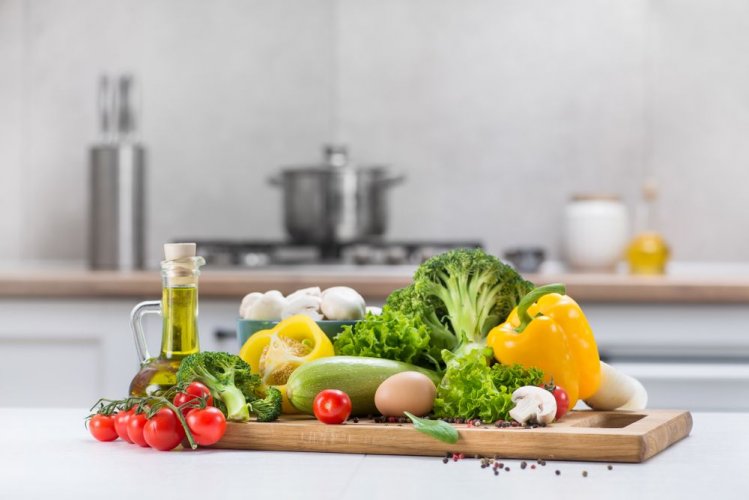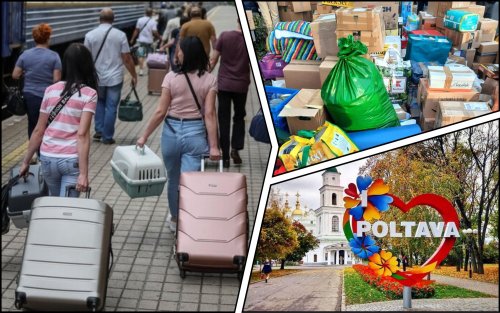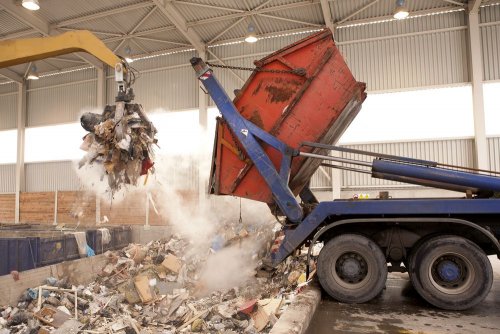Experts have prepared 13 tips on how to reduce food waste, which is responsible for more than 10% of global carbon emissions, which is the cause of the climate emergency.
In addition to huge environmental costs, discarded food combines the problems of everyday hunger and malnutrition, as well as the exacerbation of chronic health problems such as obesity and diabetes, informs Green Queen.
- Eat the food you buy
Experts advise periodically reviewing products to avoid the situation when food ends up in the trash, left untouched.
- Store food better
Store raw food and cook food separately, and store cooked food above raw food in refrigerators to reduce the risk of contamination.
In hot and humid climates like Hong Kong, you should store more food, especially perishable fruits, in the refrigerator to prevent them from overripening before you start eating them. Sealing food in airtight containers will prevent spoilage and reduce food waste.
- Get organized and plan ahead
Planning ahead with shopping lists will help you get the right amount of food and avoid buying the house you already have. If you are going to eat at a restaurant or cafe, take a reusable container with you to pack leftover food and avoid it getting into the trash.
- Compost scraps
Compost any uneaten food, such as apple cores, banana skins, vegetable tips, etc. This will help divert food waste from landfills and benefit the soil.
- Never buy more than you need
Experts advise not to buy more than one item at a time to reduce store visits and not to buy the same item on sale if you know you won't need it.
- Use the freezer
You can store leftovers, leftovers, and cooked foods, even bread, in the freezer. After all, there it will be well preserved even for several months. You can warm it up at any time.
- Make "residual recipes"
Learn some healthy recipes from leftover food. So to fried rice, you can add various grains and beans that you have on hand to make a stew, or put half of the used vegetables in a frying pan or wok for frying, and you can make a salad from the leftover pasta.
- Pickling and fermentation
Experiment with marinating and fermenting. Storing in brine or vinegar helps preserve and extend the shelf life of perishable foods such as cucumbers, cabbages, carrots, and bean sprouts. They can be stored in reusable glass containers in the refrigerator for weeks or months. Also, such products will be a delicious addition to other dishes and salads.
- Buy "ugly" products
Do not ignore vegetables or fruits just because they are perfectly edible but look ugly.
“Choosing less aesthetically pleasing foods that other people may avoid or which stores might throw away will help prevent food waste. In addition, they may even be discounted at certain stores. In any case, they will be just as tasty as the more beautiful ones, ”the material says.
- Responsible patron of F&B businesses
Support restaurants and shops responsible for combating food waste. There are businesses in Hong Kong that have promised to reduce waste, such as donating surplus food to charity, selling perishable food at discounted prices at the end of the day, and supplying only as much as is in demand.
- Donate to food banks
It's not just restaurants that can donate food to charity. For example, Hong Kong has food banks like Feeding Hong Kong that will accept a range of food left unopened or unused to support the city's hungriest while fighting waste. You can also volunteer at food banks to help collect uneaten food from F&B partners for distribution to local charities.
- Say no to buffets
The buffet is rich in an unlimited number of starters, main courses, desserts, appetizers, etc. While there is something for everyone, the concept of buffets means a huge amount of food waste. Dishes in the buffet lines are constantly replenished before being emptied, and at the end of each service, a large amount of food ends up in the basket, and studies show that more than half of the food displayed in hotel buffets is disposed of.
- Eat what you have, not what you want
Be responsible - if you can't eat food you already have before it goes bad, then don't buy more just because you feel like it. If you really can't ignore your cravings, then remember tip #6 to freeze uneaten food before you go out and only buy what you need (#5), or if you're eating out, grab a container just in case if it stays (#3).
Recall in Singapore reduce food waste through food redistribution.
As EcoPolitica reported earlier, Driven to Waste studies have shown that almost 40% of the world's food remains unused.





